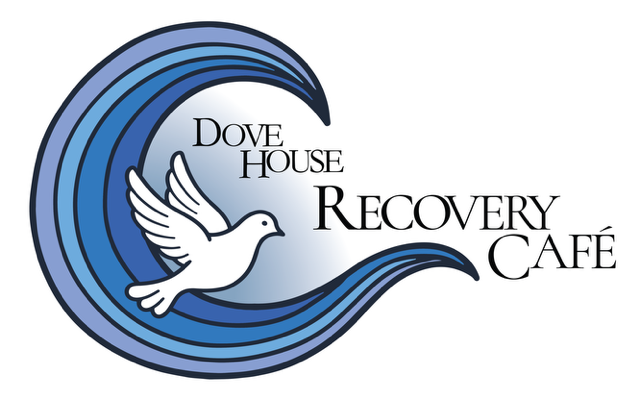|
by Kate Willette He didn’t know how to stop, though. He was functioning, sort of. He had some relationships in the community, including one with a doctor who knew him better than he’d imagined.
The attorney may or may not have understood addiction, but he clearly saw that Michael needed to be in a treatment program, which is why he tried again and again to persuade a judge to let him in, clean test or no clean test. The judge wasn’t having it, though he did grant three separate month-long extensions--three chances for Michael to prove that he needed help getting clean by somehow getting clean on his own. It wasn’t going to happen, but Michael solved that Catch 22 by persuading a friend to give him a clean urine sample. Done. But for many people--for Michael--there’s nothing straightforward about recovery, even with the benefit of a good treatment program.
Members of recovery groups all over the world will recognize the profound and simple message of that moment: helping someone else helps you, even when you think you don’t know how. Michael, it turned out, had a gift for this sort of intervention. His work with others is how he managed, over time, to put together some months free of heroin.
Back in Jefferson County, the day came when Michael’s addiction caught up with him again. His beloved little dog developed a seizure disorder and had to be put down. Michael’s friends, trying to be helpful, told him that at least he wouldn’t have to use over it.
“That was progress because the thought was there.” One thing that makes Recovery Café appealing to Michael is that it’s a place where this sort of comment makes sense. Recovery is understood to be a process both personal and communal, but above it’s all self-driven and self-defined. It’s a process that involves finding your way to just that sort of insight: I am not just getting loaded right now; I might be about to end my life. Sustaining active addiction rests, in part, on refusing to face facts like that one. For Michael, the last year of involvement in bringing the Café into being has meant confronting some of the harshest truths about his life. It hasn’t been easy.
His hearing was finally tested and treated at the end of third grade, but by that time a lot of damage had been done. He’d been tagged as a difficult, slow, angry child.
Michael describes his son encouraging him to visit the Humane Society and find a new dog, something he definitely didn’t want to do.
This is a story about what it means to believe that nobody deserves to be abandoned. It’s a story about how even half-hearted and tentative steps can lead somewhere good. Michael tells it with blunt humanity, sitting calmly in an office chair with a little dog in his lap and more than three straight years clean under his belt. Asked how he sees the Recovery Café in 50 years, he replies without hesitation.
Comments are closed.
|
Categories
All
Archives
June 2024
|


